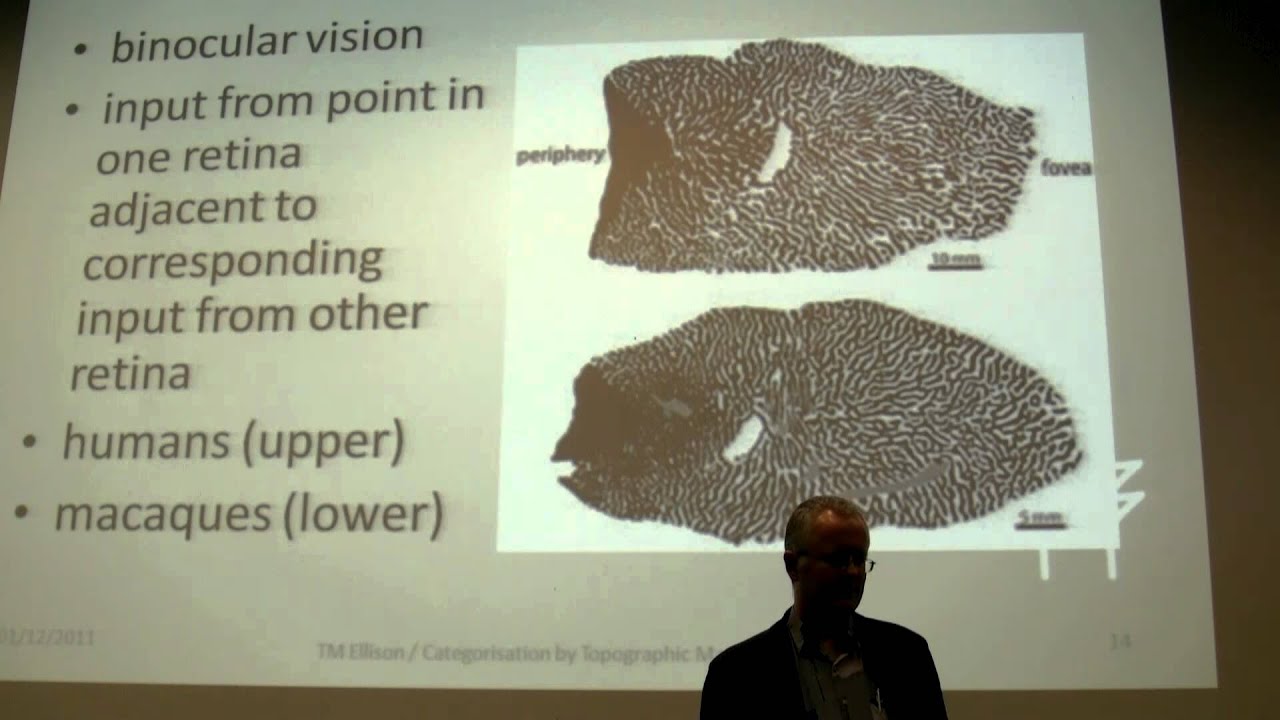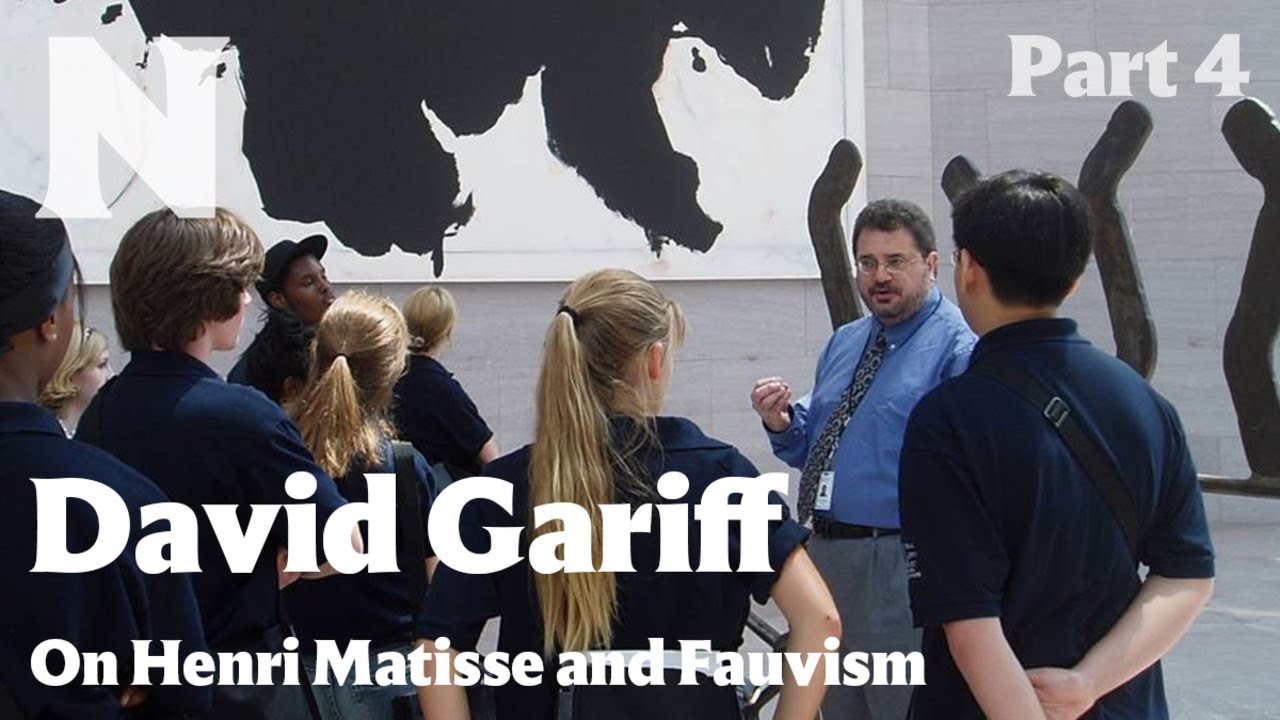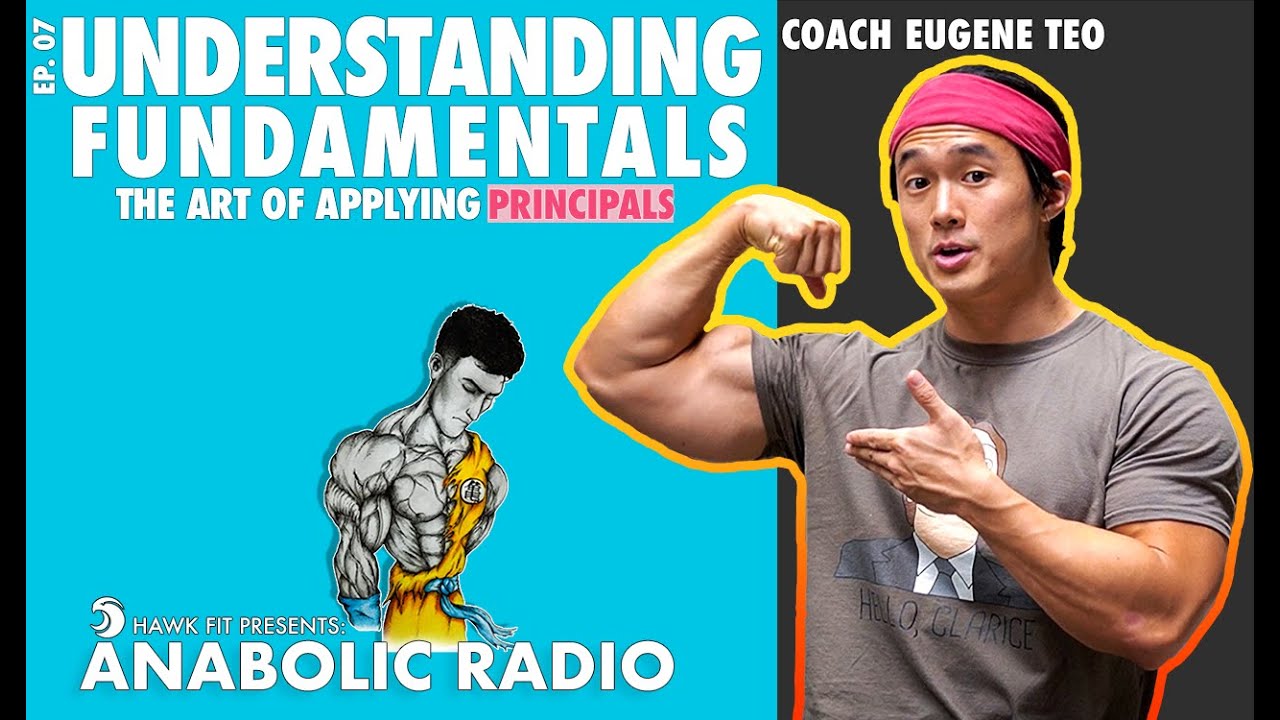Science, Technology & the Future
Solomonoff Memorial 2011 – Mark’s interests lie within Cognitive Science, and focus on modelling language, marking up texts, learning, and non-dualist philosophy and reasoning.
http://http://markellison.net/
== Language Change ==
Language change has been an enduring interest. Currently, I am working on the philologicon project with Simon Kirby. This project determines genetic relationships between languages using: confusion probabilities, Fisher Information, and cladistic methods from biology.
== Learning ==
The heading has been left general as my interests in this area are very broad. Not only am I interested in formal models of abstract learning and the philosophical problem of learning, I am also fascinated by how natural systems: us, animals, and so on, learn.
== XML Markup and Processing of Buddhist Texts ==
The electronic availability in raw form of Buddhist texts in Pali, Sanskrit, Chinese and Tibetan opens up many possibilities both for re-representing these texts for readers, and for machine-assisted analysis.
== Non-Dualist Philosophy and Reasoning ==
Everyday reasoning is riddled with dualities: something exists otherwise it does not exist; a box is red, so it is not blue; a moment in time is independent of all other moments. These assumed dualisms lead to apparent paradoxes, and flawed arguments in some cases. By replacing them with less dualistic notions, we can get a better understanding of many phenomena: time, space, learning, subjectivity and objectivity.
Source



